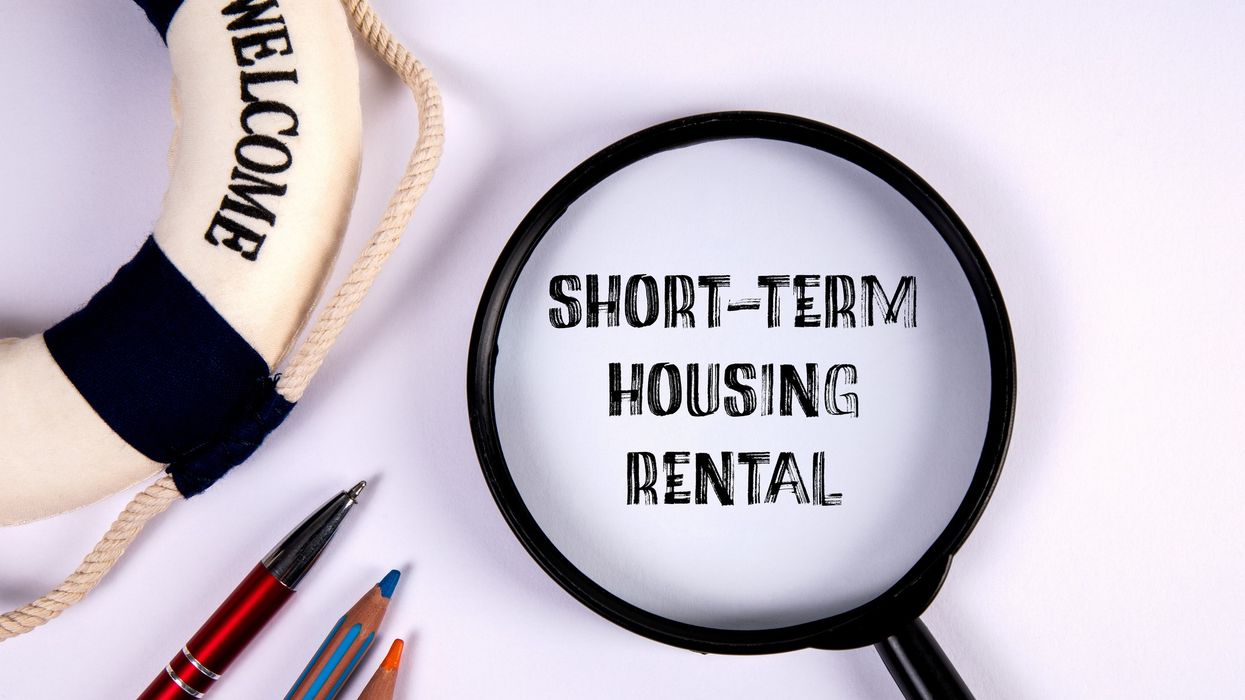Summary:
- Hospitality and leisure dealmakers are turning to targeted M&A amid market volatility to adjust portfolios, according to PwC.
- Well-capitalized buyers are finding opportunities to acquire differentiated assets on favorable terms.
- Technology remains a focus, with deals accelerating shifts to digital models, AI systems and personalization.
HOSPITALITY AND LEISURE dealmakers began 2025 with cautious optimism, but volatility in capital markets and trade policy has prompted a reassessment of growth strategies, according to PricewaterhouseCoopers. While large deals remain limited, targeted mergers and acquisitions are helping operators adjust portfolios, refine strategies and expand digital capabilities.
PwC’s “Hospitality & Leisure: U.S. Deals 2025 Midyear Outlook,” based on S&P Global Market Intelligence, finds current conditions allow well-capitalized buyers to acquire differentiated assets on favorable terms. High borrowing costs, valuation gaps and policy uncertainty are limiting deal volume, the report said, but participants with strong balance sheets and disciplined capital allocation remain well positioned.
Tariff uncertainty and trade headwinds are complicating cross-border activity, PwC said. Domestic-focused, service-oriented hospitality and leisure operators are better positioned for deals. Shifting sentiment around global travel may lead operators to strengthen U.S. portfolios, with strategic deals offering a faster path to adapt to emerging trends.
For brands reassessing market exposure, demographics and asset-light strategies, divestitures are re-emerging as a tool for portfolio optimization, the report found. For hospitality and leisure operators, this creates an opportunity to evaluate which brands, geographies and customer segments offer the most potential—and to use M&A to accelerate realignment.
Operators are using M&A to pursue experience-driven growth in luxury, lifestyle and bespoke travel segments targeting high-income consumers, as the upper-income tier continues to drive U.S. consumption growth.
Meanwhile, technology remains a priority, with acquisitions and partnerships accelerating the shift to digital-first models, AI-driven systems and customer personalization, it said. A recent report by VikingCloud found that 66 percent of hotel IT and security executives expect more cyberattacks this summer and 50 percent anticipate greater severity.
Three of the largest hospitality and leisure deals in 2024 involved private equity firms acquiring gaming operators at favorable valuations. While PE remained cautious in early 2025, continued market volatility may create openings for financial buyers to re-enter and drive M&A activity across the sector.
A recent study by HotStats found that hotels using updated competitive sets consistently outperform those that don’t.

















